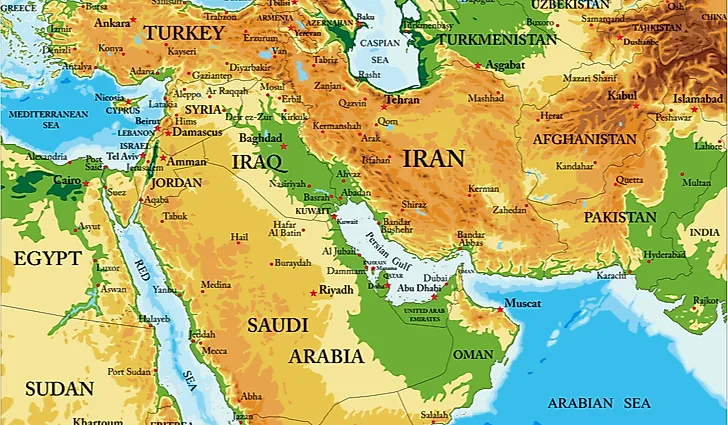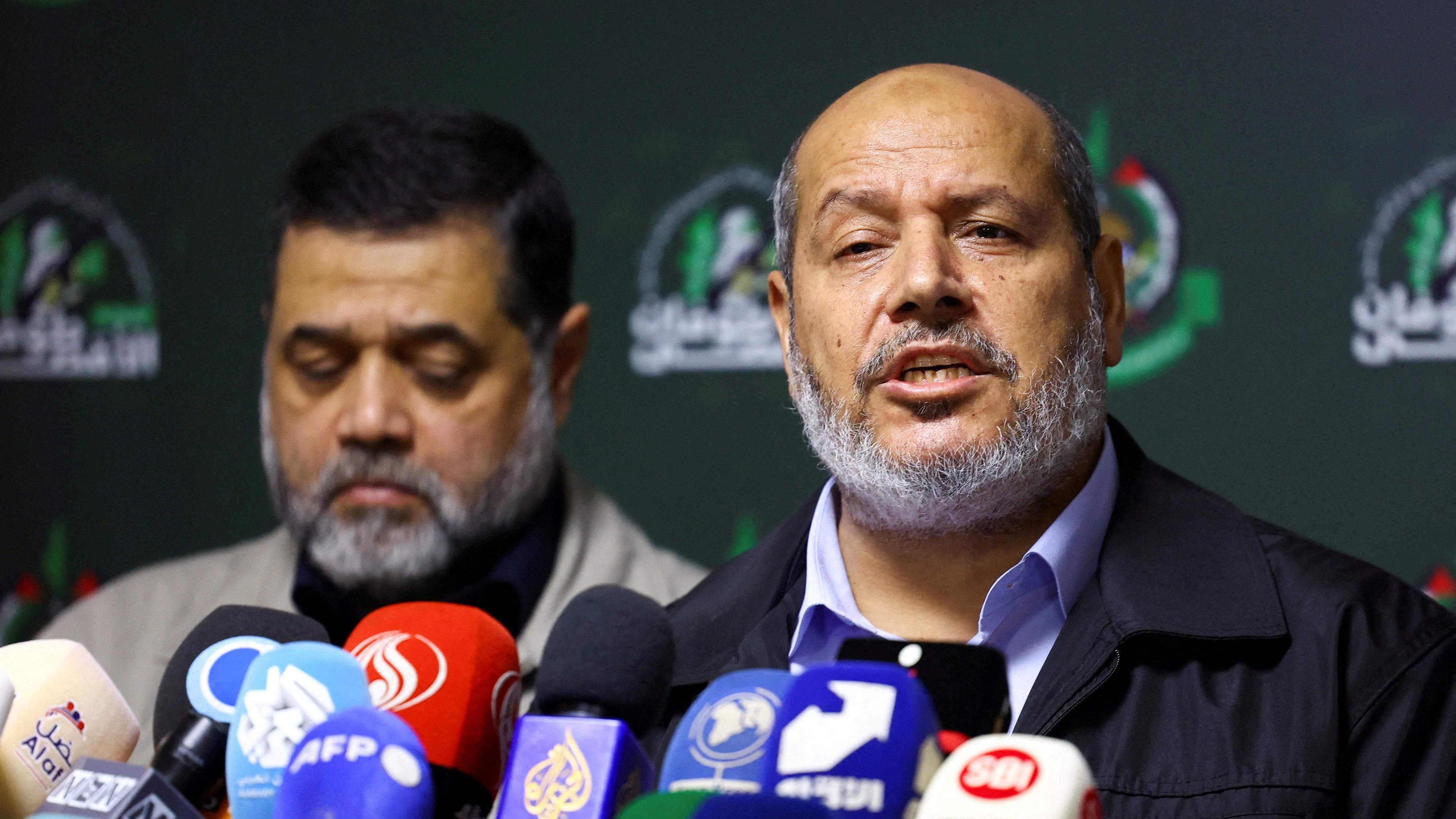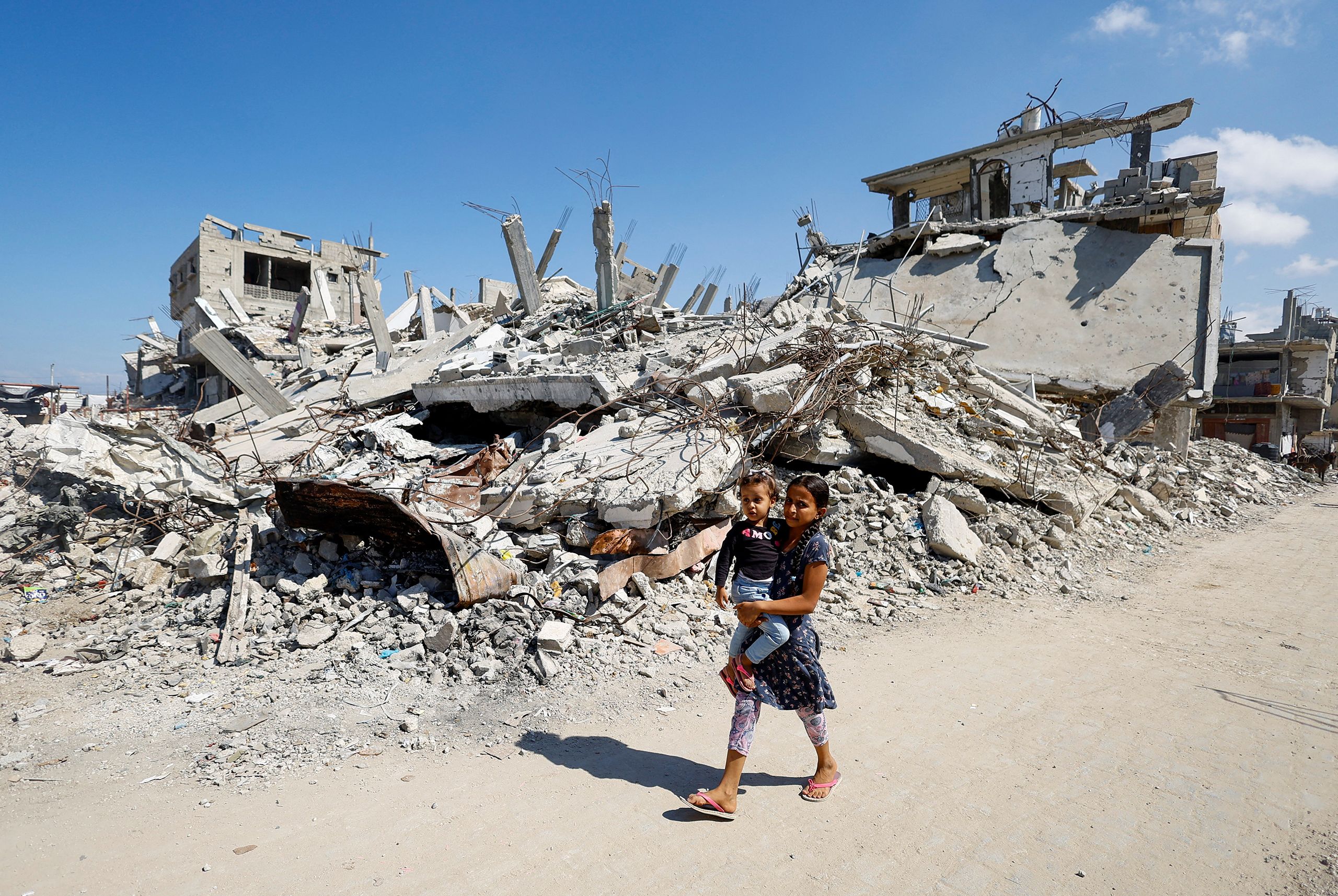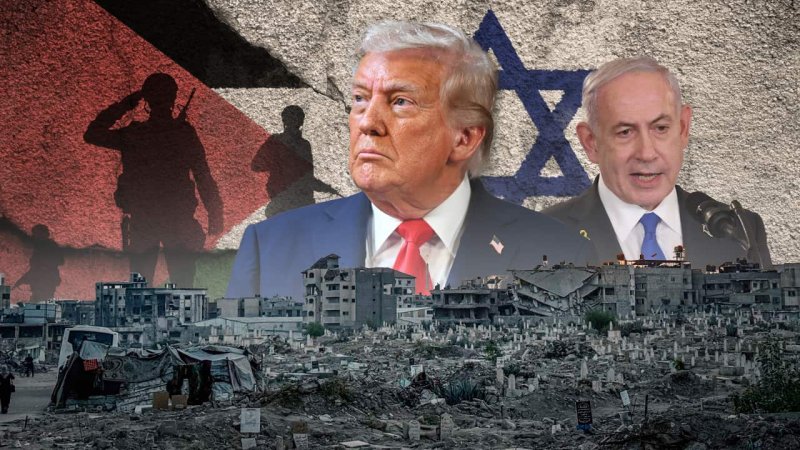Moses Becker is a political commentator for News.Az. He holds a PhD in political science and specializes in interethnic and interreligious relations. The views expressed in this article are the author’s own and do not necessarily reflect the position of News.Az.
On October 13, 2025, representatives from 20 countries gathered in Sharm el-Sheikh to sign a plan to end the war between Israel and the Islamist group Hamas. Four nations – Egypt, Qatar, Türkiye, and the United States – assumed the role of guarantors for ensuring compliance with the agreement between the opposing sides.
What is particularly striking is that neither Hamas nor Israel was present at the signing ceremony. Moreover, the leaders of key Middle Eastern states such as Saudi Arabia and the United Arab Emirates were also absent. Their irritation was primarily caused by Qatar’s participation, a country widely regarded as one of the main sponsors of the terrorist organization the Muslim Brotherhood. Notably, the Muslim Brotherhood is banned in Egypt, Jordan, Saudi Arabia, and the UAE.
Despite being geographically small, Qatar wields enormous influence thanks to its vast gas and oil reserves and immense financial resources. By supporting the Muslim Brotherhood, spreading propaganda through the state-controlled Al Jazeera network, and bribing various political figures, Doha seeks to establish regional hegemony. Qatar has been a major financier of Hamas and other radical groups. Its wealth from natural gas has allowed it to pursue an assertive foreign policy that often provokes resentment among its neighbors.

Source: Worldatlas
It is largely thanks to Qatari money that Hamas leader Ismail Haniyeh, according to Bild, has amassed a personal fortune estimated at $2.5 billion. Since 2019, this supposed defender of Gaza’s residents has been living in a luxury hotel in Doha. His older children – Haniyeh has 13 in total – frequently post photos from five-star hotels in Istanbul and Doha. A private jet has always been at his disposal, flying him to Moscow, Tehran, Istanbul, and Cairo. One of his sons was even nicknamed “the father of houses” in Gaza for his involvement in real estate.
Former Hamas political bureau chief Khaled Meshaal is also deeply involved in the real estate business. In 2012, fleeing the chaos of the Arab Spring in Syria, he escaped from Damascus with $1.5 billion taken from Hamas headquarters.
Another key financial manager of Hamas, Younis al-Kafisheh, resides in Istanbul. Khaled Meshaal and Musa Abu Marzouk are considered the world’s richest terrorists after the late PLO leader Yasser Arafat.
In addition to its support for Hamas, Qatar has angered moderate Sunni regimes because of its close ties with Shiite Iran, a country perceived as a direct threat to its neighbors.

Source: BBC
To some extent, the ideology of the Muslim Brotherhood is also shared by Türkiye’s current leadership. Therefore, Israel and Egypt are far from pleased with Ankara’s involvement in the peace process and its proposed presence in Gaza. Arab leaders are particularly alarmed by the growing influence of Türkiye in the region. Against the backdrop of Qatar and Türkiye’s “leniency” toward Hamas’s refusal to disarm, Saudi Arabia, the UAE, and Bahrain have warned that efforts to end the war in Gaza are in danger of collapsing.
According to Arab and U.S. diplomatic sources, the Gulf states have sent official notes to the White House and to the authors of the Gaza peace plan – President Donald Trump’s envoys Steve Witkoff and Jared Kushner. They warned that unless the U.S. compels Hamas to comply with the terms of the agreement and disarm, and unless Egypt, Qatar, and Türkiye change their approach to enforcing the plan, these countries will not participate in Gaza’s reconstruction.
“This organization has brought enormous harm to the Palestinian people. It unleashed a war that caused the deaths of tens of thousands of its compatriots, destroyed Gaza, and now insists on preserving armed resistance,” a Saudi source said.
According to Israel Hayom, allies within the so-called “moderate Sunni axis” point to the failures of Egypt, Qatar, and Türkiye in ensuring Hamas’s disarmament. Since the ceasefire began, the group has continued to persecute opponents, hold armed demonstrations, and engage in extortion, sources report.
Riyadh has long maintained that Gaza has no peaceful future unless Hamas is completely removed from the equation. Several sources claim that Saudi Arabia is already reducing its involvement in implementing Trump’s plan. A source from the UAE confirmed to the newspaper that Abu Dhabi has sent a similar message to Washington.
The difference, however, is that the UAE is already investing heavily in the return of evacuated Gaza residents. The Emirates continue operating in the southern part of the Strip, currently controlled by Israel.
Yet without a plan for Hamas’s disarmament and full international oversight of security, the UAE will not participate in reconstruction in areas without an Israeli military presence.

Source: CNN
It is worth noting that despite their public criticism of the Gaza war, in recent years Arab countries have deepened security cooperation with Israel. The Washington Post, citing leaked U.S. documents, reported that one of the countries quietly strengthening ties with the Israeli military was none other than Qatar, whose capital, Doha, was targeted by an Israeli Air Force missile strike on September 9, aimed at Hamas leaders.
According to these documents, in May 2024 senior Israeli and Arab military representatives met at the U.S. Al-Udeid Air Base in Qatar. The Israeli delegation arrived directly at the base, bypassing civilian entry points to avoid public exposure. During the security conference at Al-Udeid, Israeli officials held bilateral meetings with representatives of every Arab country participating in the newly created structure that the Americans call the “Regional Security Framework.” This includes Bahrain, Egypt, Jordan, Saudi Arabia, and the United Arab Emirates, while Kuwait and Oman are listed as “potential partners” informed of all meetings.
The United States has long hoped that military cooperation would pave the way for political normalization between Israel and Arab states. The driving factor behind closer ties before the 12-day war was the shared threat from Iran. Although that threat has since diminished, it does not mean another contender for regional leadership will not soon emerge.
In this context, it seems that the Israeli strike on Hamas headquarters in Qatar was not entirely unexpected by Doha. It was likely carried out to make the Islamist leaders, who had worn out their welcome, more compliant. That would explain why the Israelis “missed” their targets, leaving them alive.
It should be emphasized that although Qatar and Saudi Arabia have no formal diplomatic relations with Israel, documents from the U.S. Central Command reveal the important behind-the-scenes role that both powerful Gulf states play in this emerging partnership. Over the coming years, ties between Israel and Arab countries are expected to deepen, enabling the United States to gradually reduce its regional presence and shift responsibility for regional security to Israel and its allies, who who are expected to assume the leading role.
(If you possess specialized knowledge and wish to contribute, please reach out to us at opinions@news.az).

